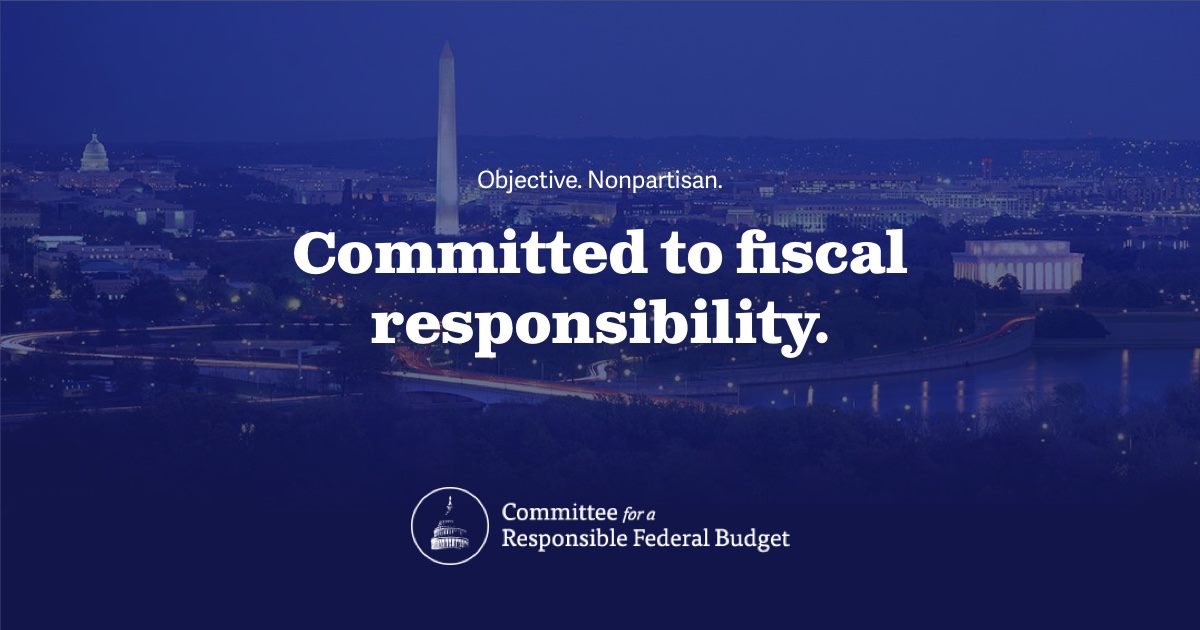Bipartisan Fiscal Forum (BFF) co-chairs Representatives Bill Huizenga (R-MI) and Scott Peters (D-CA), along with BFF Members, Representatives Lloyd Smucker (R-PA) and Mike Quigley (D-IL), introduced a resolution in the House yesterday calling on…
Category: 2. World
-
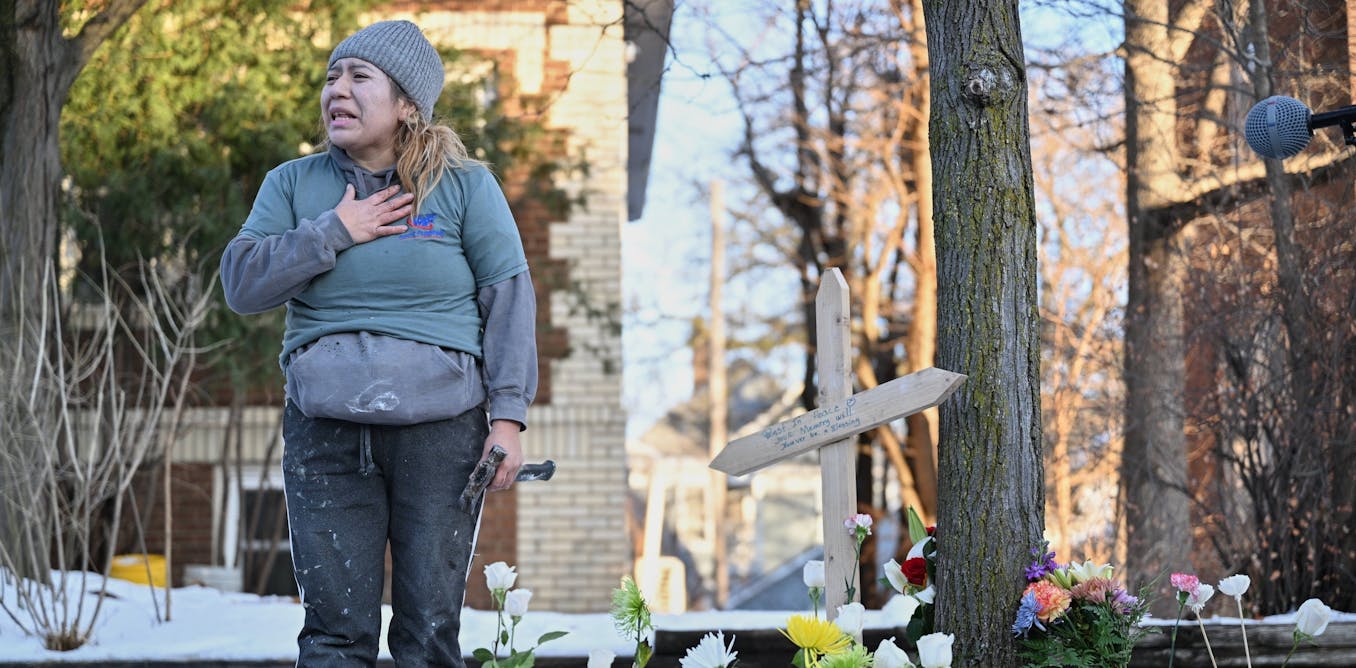
ICE killing of driver in Minneapolis involved tactics many police departments warn against − but not ICE itself
Minneapolis is once again the focus of debates about violence involving law enforcement after an Immigration and Customs Enforcement officer shot and killed Renee Nicole Good, a 37-year-old mother, in her car.
The incident quickly prompted…
Continue Reading
-
Aid continues despite winter hardship in Gaza and West Bank, UN says – UN News
- Aid continues despite winter hardship in Gaza and West Bank, UN says UN News
- Severe weather in Gaza hits vulnerable and wounded most in Israel’s war Al Jazeera
- Egypt urges global pressure to lift Israeli obstacles on Gaza aid amid harsh…
Continue Reading
-

Farmers drive through Paris and block traffic in Greece to protest free trade deal
PARIS (AP) — Dozens of angry farmers demonstrated in France and Greece Thursday, halting traffic and blocking key roads with tractors to protest European Union plans to move forward with a free trade deal with five South…
Continue Reading
-
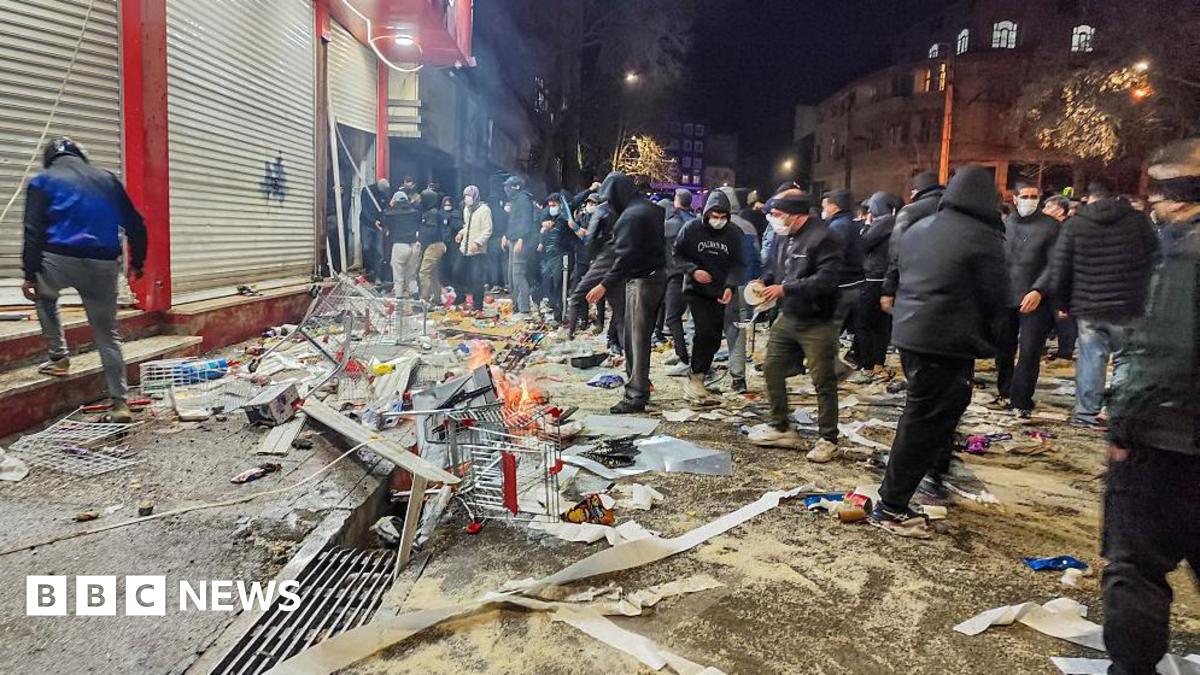
Internet blackout in Iran as large anti-government protests held across country
Trump repeats threat to ‘hit Iran hard’ if protesters killedpublished at 20:43 GMT
Image source, ReutersUS President Donald Trump says he has let the Iranian government know “if they start killing people” then “we are going to hit…
Continue Reading
-
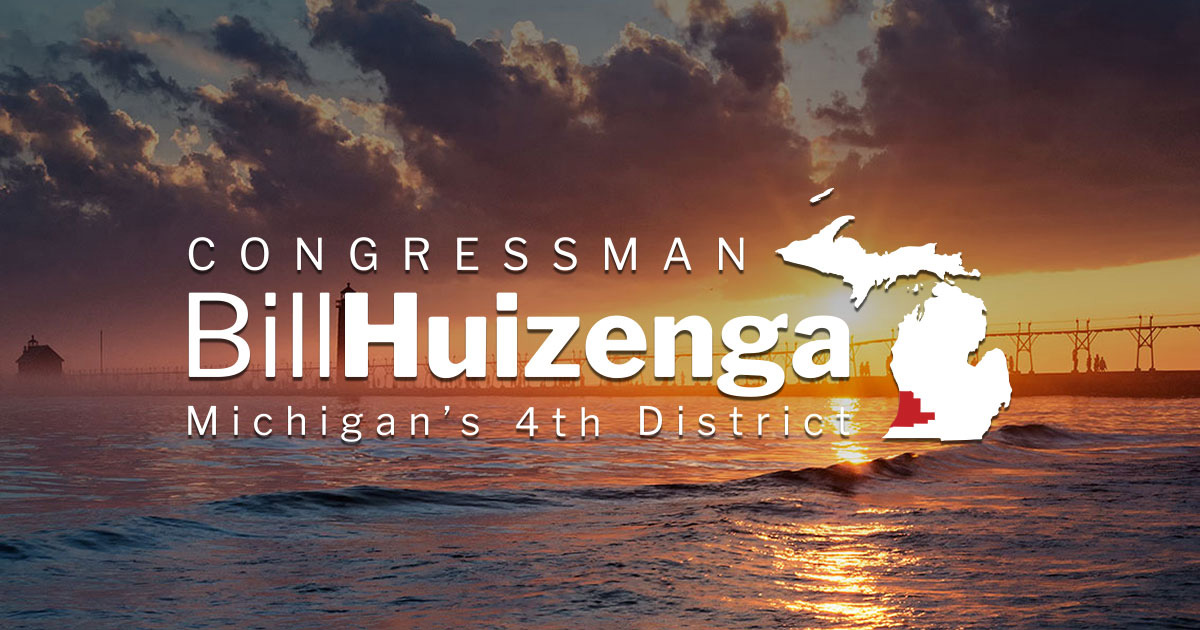
News Item | U.S. House of Representatives
<br /> News Item | U.S. House of Representatives <br />
Skip to Content…Continue Reading
-
Ukraine: New strikes disrupt basic services for millions – UN News
- Ukraine: New strikes disrupt basic services for millions UN News
- One million spent hours without heat and water after Russian strikes, Ukraine says BBC
- Kyiv’s transition to scheduled power supply expected by end of day — Svyrydenko Ukrinform
Continue Reading
-
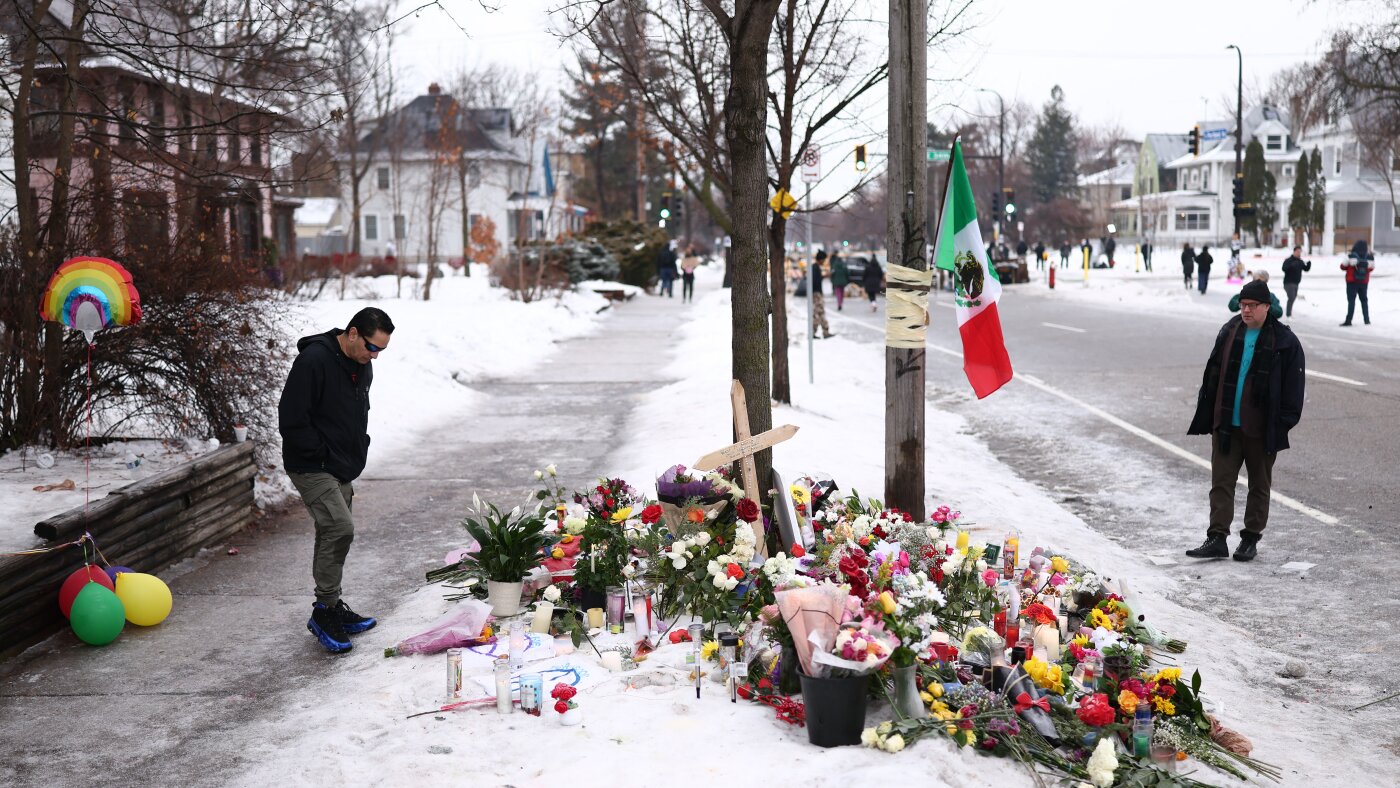
What we know as Noem gives update : NPR
People gather at a makeshift memorial for Renee Nicole Good, 37, who was shot and killed at on Wednesday by an ICE officer…
Continue Reading
-
Syrian Arab Republic: Flash Update No. 2 – Escalation of Violence in Aleppo (as of 08 January 2026) – ReliefWeb
- Syrian Arab Republic: Flash Update No. 2 – Escalation of Violence in Aleppo (as of 08 January 2026) ReliefWeb
- Syria live: Army says SDF fighters to be allowed out of Aleppo amid truce Al Jazeera
- Syria bombs Kurdish areas in Aleppo Dawn
- US…
Continue Reading
-

Experts examine issues raised by the U.S. extraction of the Venezuelan president | Virginia Tech News
The U.S. military’s capture of Venezuelan President Nicolás Maduro has raised complex questions about foreign policy, executive authority, and long-term regional stability, according to two Virginia Tech experts.
Virginia Tech political…
Continue Reading
